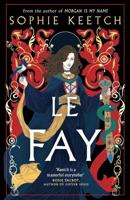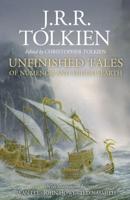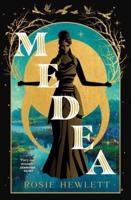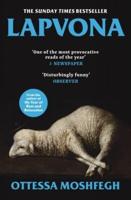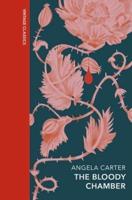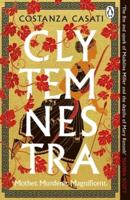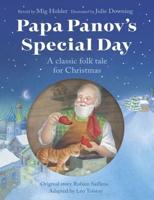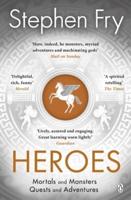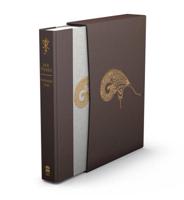Publisher's Synopsis
The Arabian Nights' Entertainments (also known as A Thousand and One Nights) is a medieval collection of Middle Eastern folktales about heroic figures such as Aladdin, Ali Baba, and Sinbad whose luck and ingenuity carry them through perilous adventures. First collected in the fifteenth century, the stories found their way into Western culture in the early eighteenth century when they were translated into French. The first English edition followed a century later. Since then they have been retranslated and rewritten for both children and adults many times.
Translations have variously recast the stories as moral tales or expanded their exotic and erotic aspects. Sir Richard Francis Burton challenged Great Britain's Obscene Publication Act of 1857 and the obscenity definition laid down by Bradlaugh v. The Queen (1872) when he published his own unexpurgated translation of The Arabian Nights for private subscribers in London during the mid-1880s.
In May, 1927, an English translation made from the French version of J. C. Mardus by E. Powys Mathers was imported into the United States and seized as obscene by U.S. Customs in New York. Authorization of such action came from a section of the Tariff Act of 1842, which left discretion to the local customs officers, whose decisions were usually held upon appeal to the U.S. Customs Court. Customs rulings were also subject to review by the Treasury Department. Such seizures superseded state and local laws and usually meant a loss of access to the total U.S. market by the importer. These broad powers were challenged by the importer. The Department of the Treasury released the books on the grounds that unexpurgated versions had been imported previously and that new rules were in the process of being drafted.

